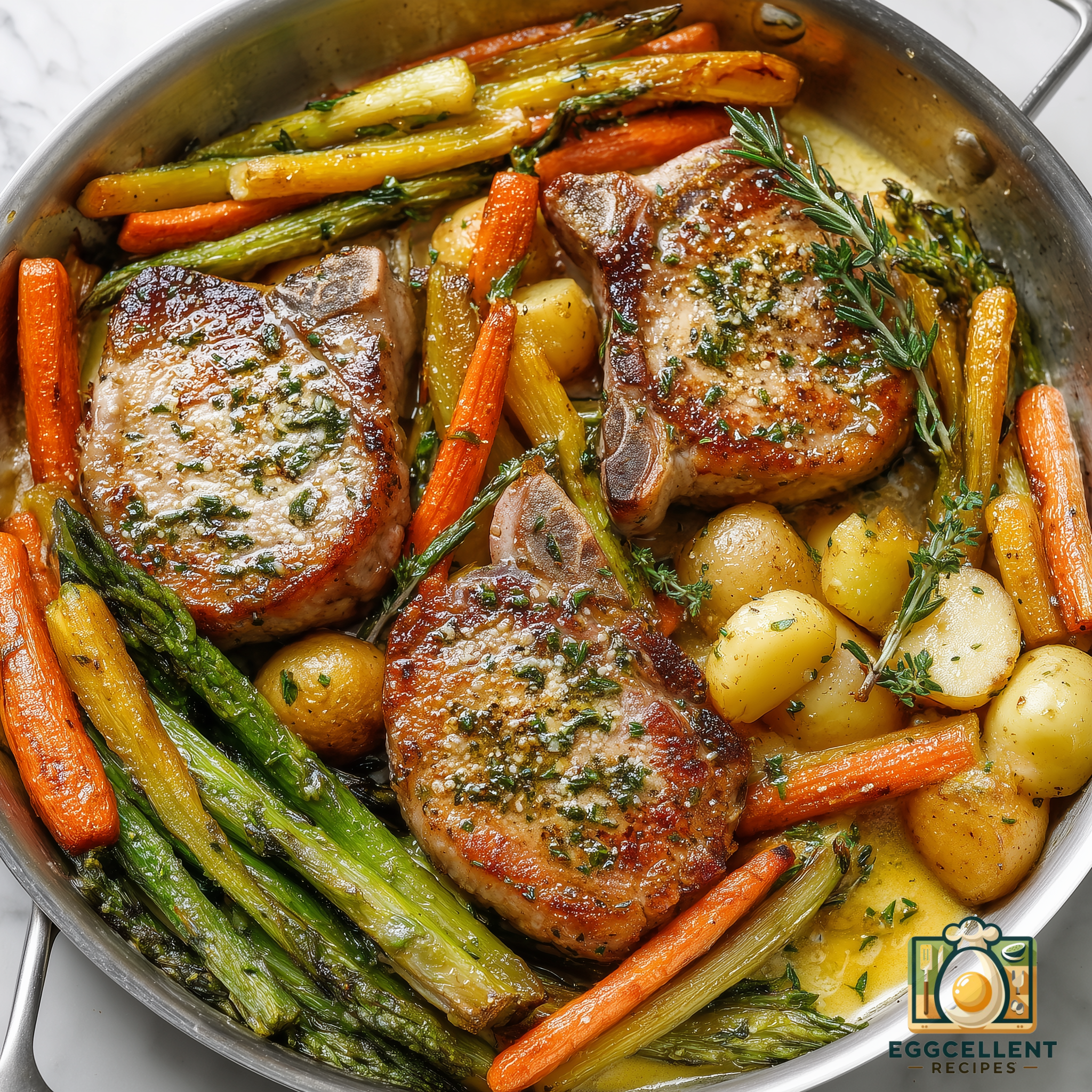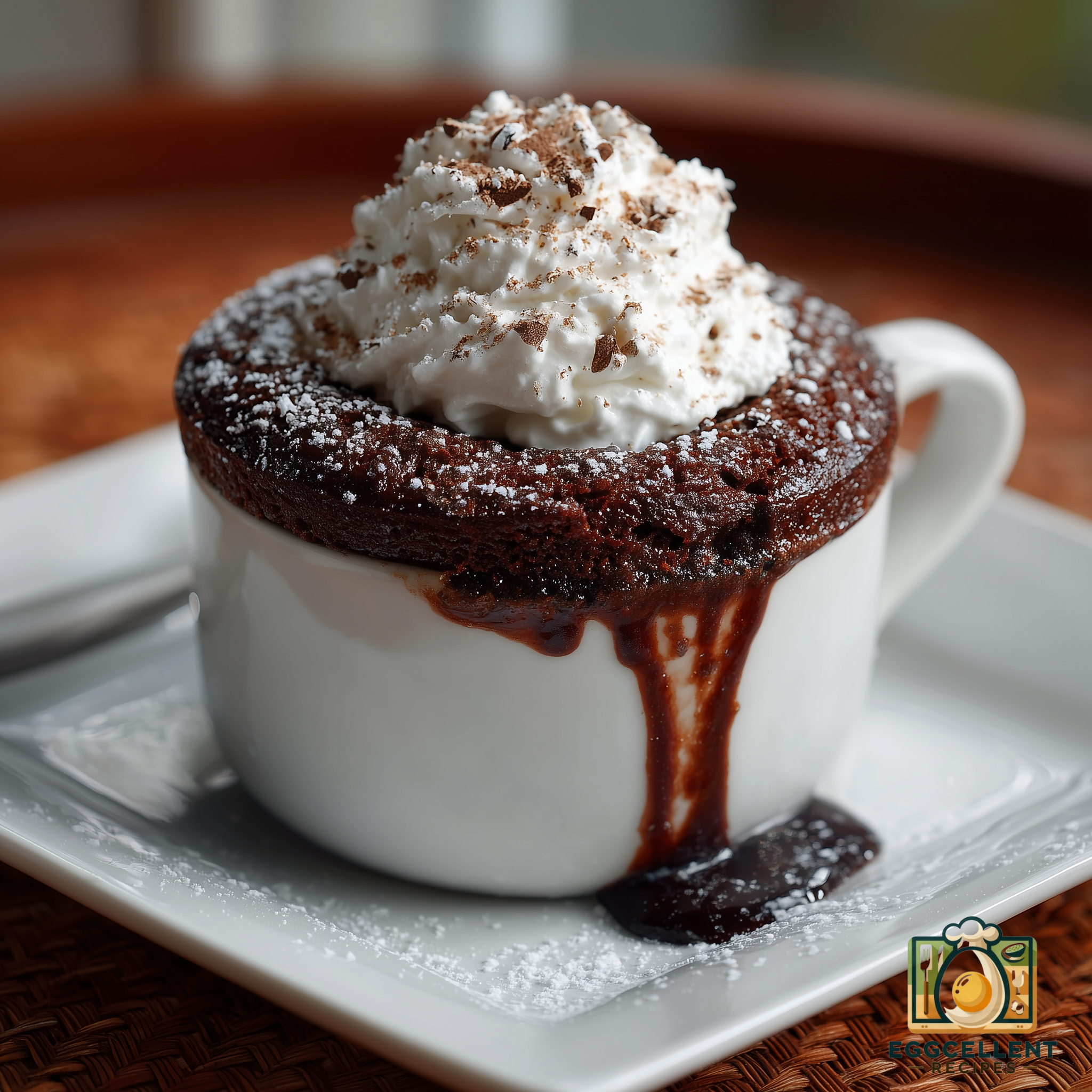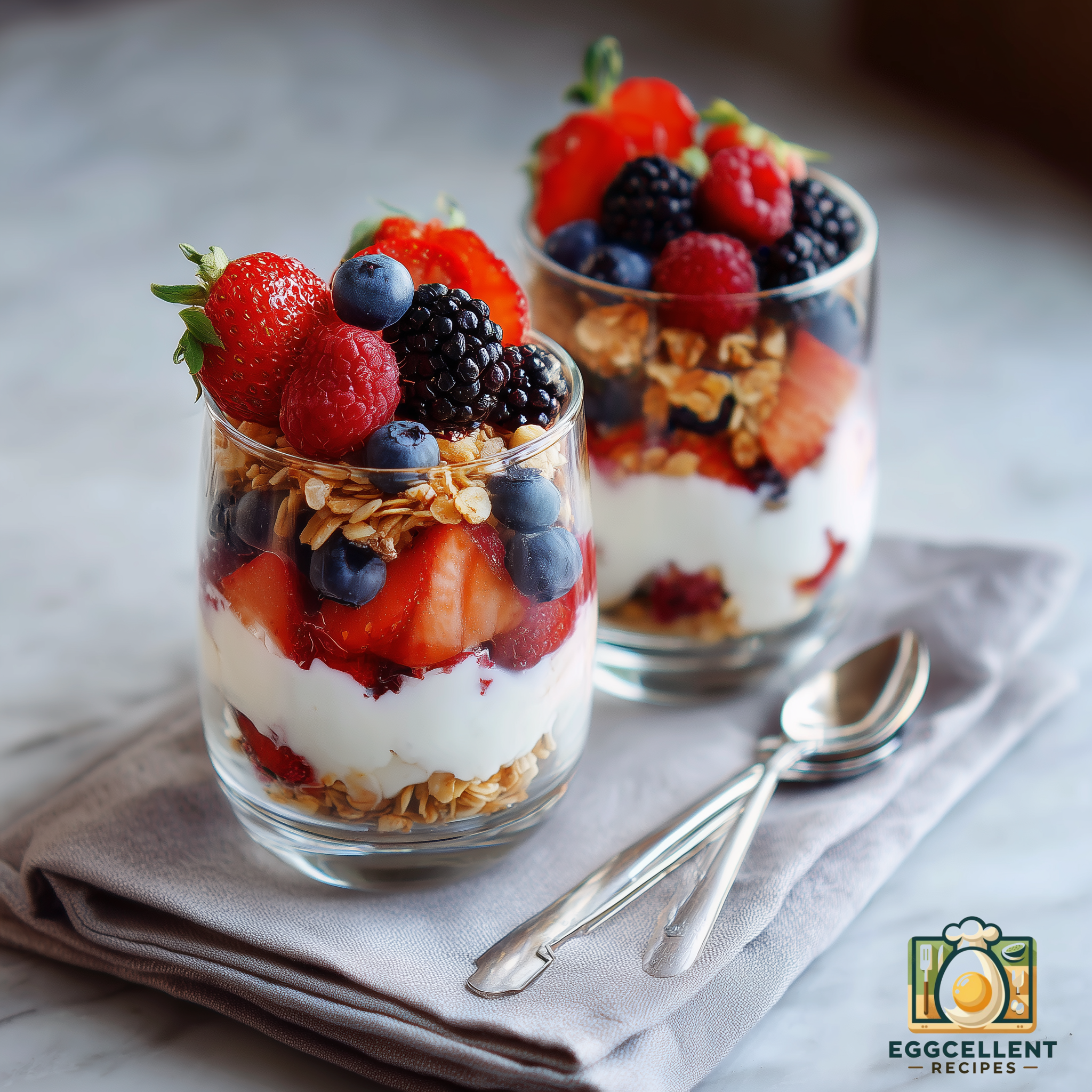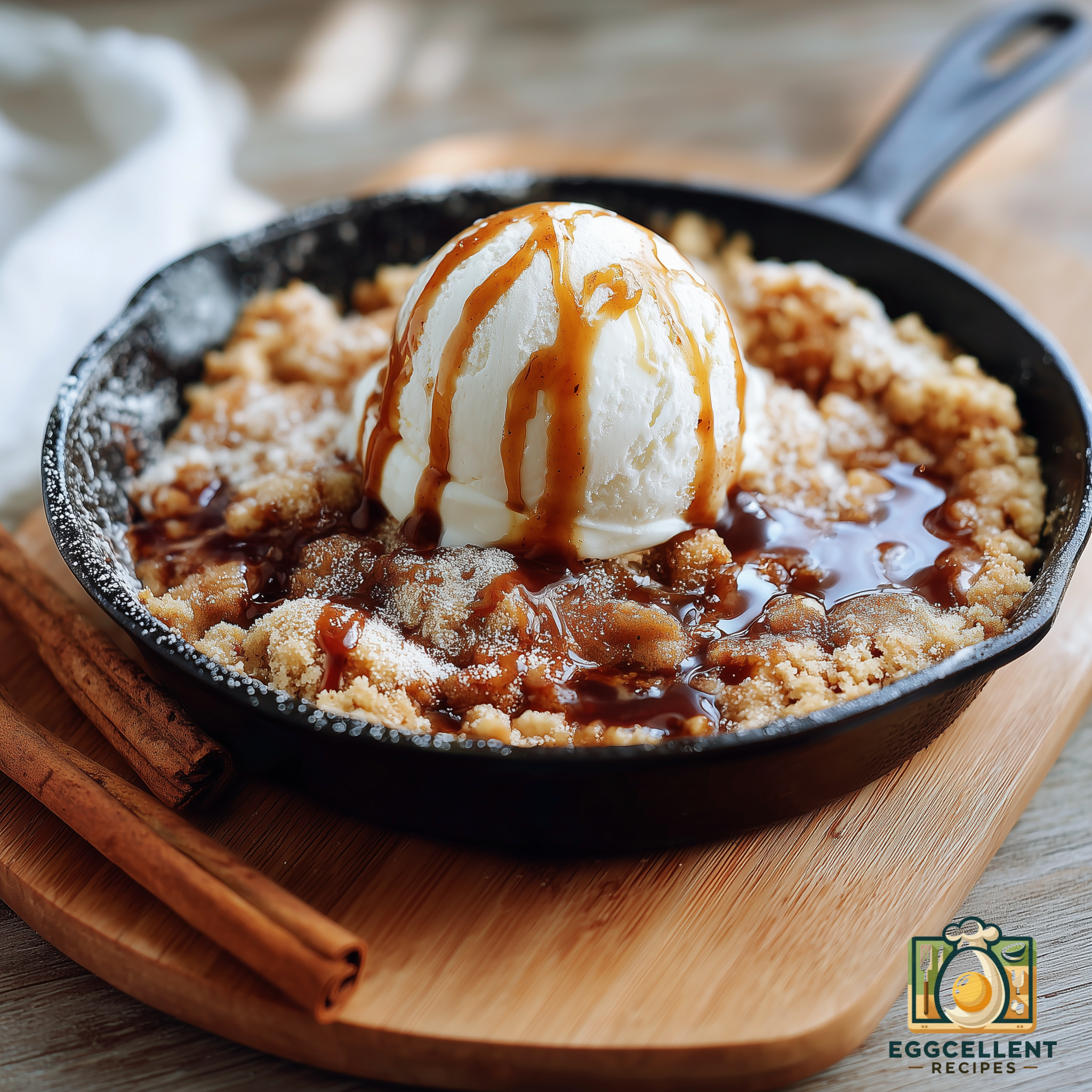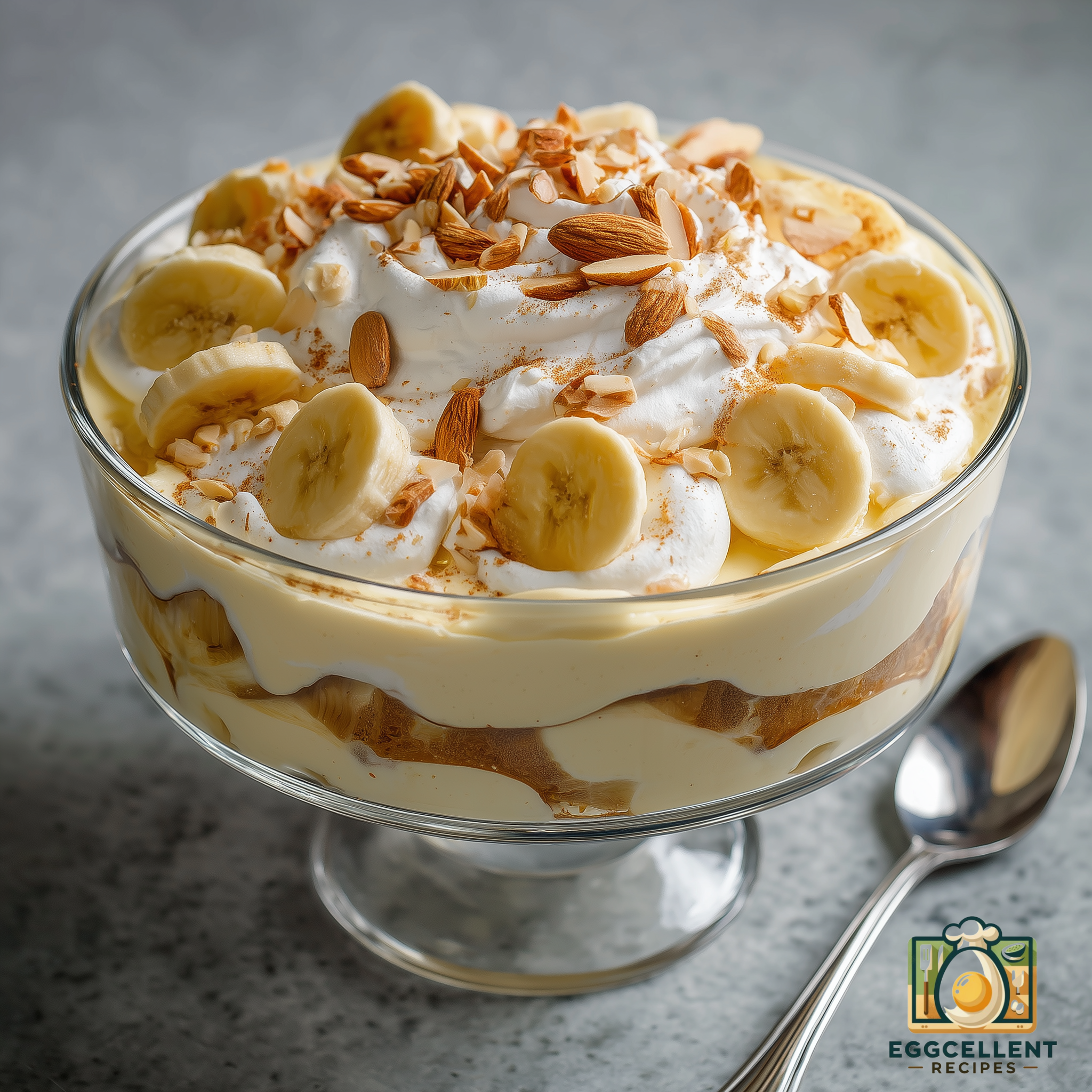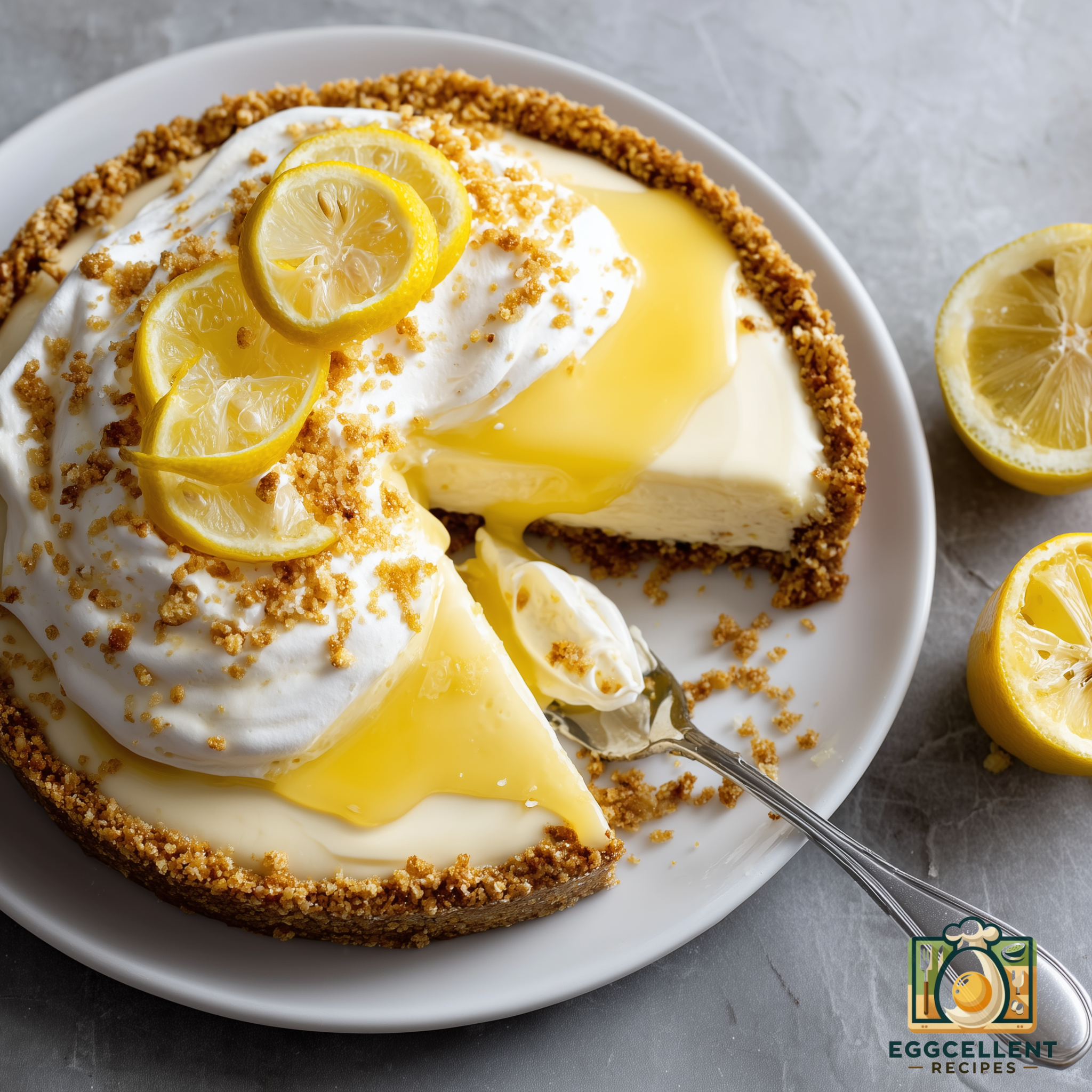
Your eyes are not just the windows to your soul—they’re also essential for daily life. Maintaining healthy vision goes beyond regular eye check-ups; it starts with what you put on your plate. Certain nutrients, such as vitamins A, C, E, omega-3 fatty acids, lutein, and zinc, can significantly benefit your eye health and protect against vision problems like macular degeneration, cataracts, and dry eyes. Here’s a list of the best foods for keeping your eyes in tip-top shape.
1. Leafy Greens
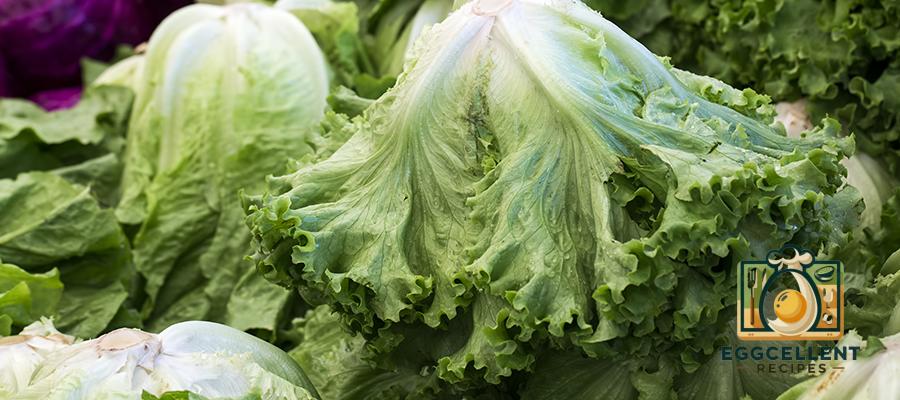
Spinach, kale, and collard greens are powerhouses for eye health. They are rich in lutein and zeaxanthin, two antioxidants that help protect the retina from harmful light and reduce the risk of macular degeneration and cataracts.
Tip: Blend them into smoothies, add them to salads, or sauté with olive oil for a nutrient-packed side dish.
2. Carrots
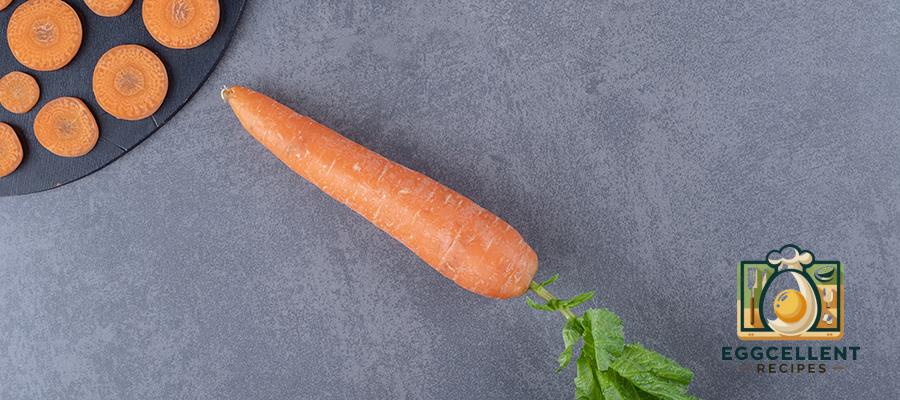
Carrots are famous for supporting eye health, thanks to their high beta-carotene content, a precursor to vitamin A. Vitamin A is crucial for maintaining good vision, especially in low-light conditions.
Tip: Snack on raw carrot sticks, roast them for a sweet treat, or add them to soups and stews.
3. Fatty Fish

Fish like salmon, mackerel, tuna, and sardines are excellent sources of omega-3 fatty acids, which help prevent dry eyes and support the overall structure of the retina. DHA, a specific type of omega-3, is particularly beneficial for eye health.
Tip: Aim to eat fatty fish at least twice a week, either grilled, baked, or in a salad.
4. Eggs
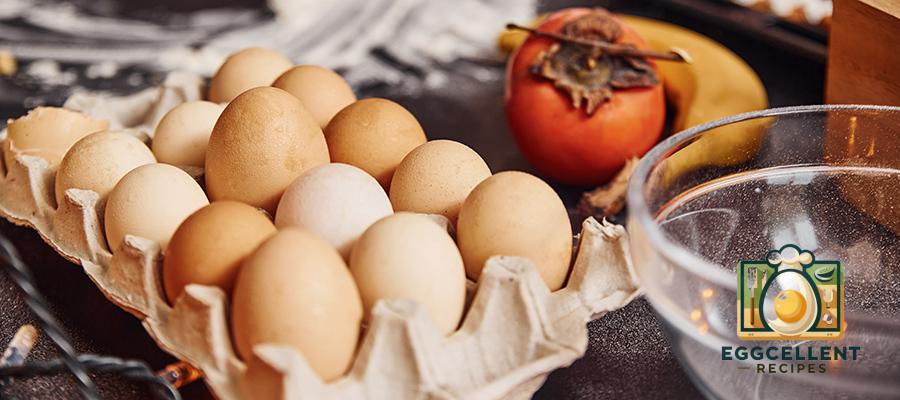
Egg yolks contain lutein, zeaxanthin, zinc, and vitamin A—all critical nutrients for eye health. They help protect against night blindness and reduce the risk of age-related macular degeneration.
Tip: Enjoy eggs boiled, scrambled, or in an omelet packed with veggies for a double dose of eye-friendly nutrients.
5. Citrus Fruits
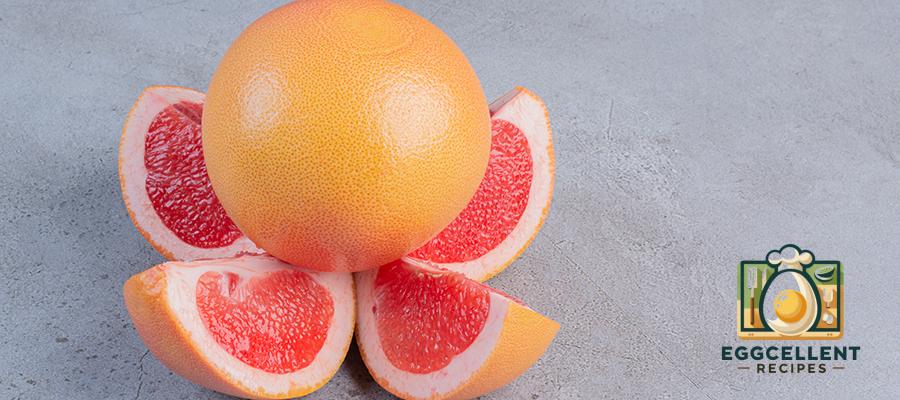
Oranges, grapefruits, lemons, and limes are loaded with vitamin C, an antioxidant that supports the health of blood vessels in the eyes and reduces the risk of cataracts and macular degeneration.
Tip: Start your day with a glass of fresh orange juice or snack on citrus fruits throughout the day.
6. Nuts and Seeds
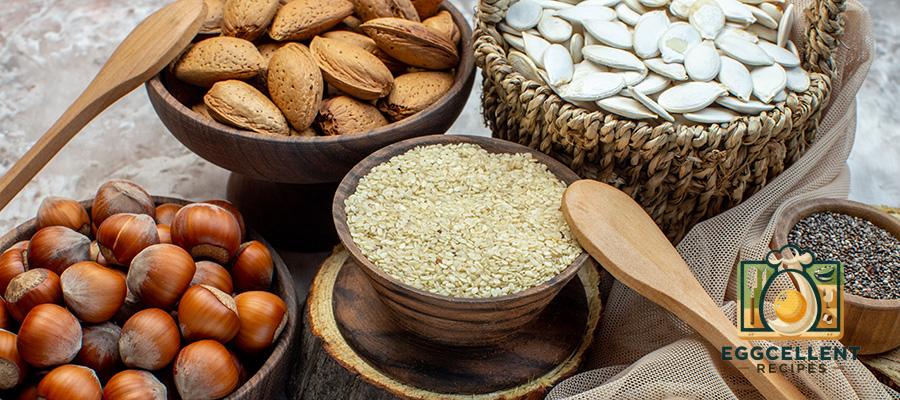
Almonds, walnuts, flaxseeds, and sunflower seeds are rich in vitamin E and omega-3 fatty acids. Vitamin E helps protect your eyes from free radical damage, which can lead to age-related eye issues.
Tip: Keep a handful of nuts and seeds on hand for a quick snack or sprinkle them on salads and yogurt.
7. Sweet Potatoes
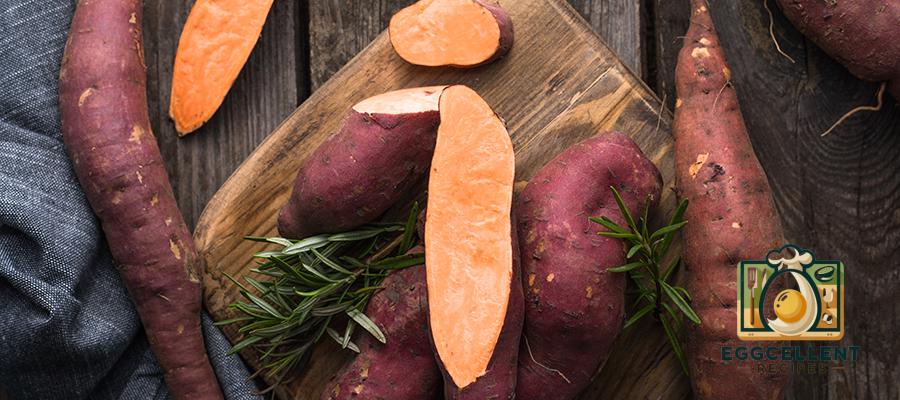
These orange tubers are another fantastic source of beta-carotene. They also contain vitamin E, making them a double powerhouse for protecting your eyes.
Tip: Roast sweet potato wedges or mash them for a nutritious side dish.
8. Berries
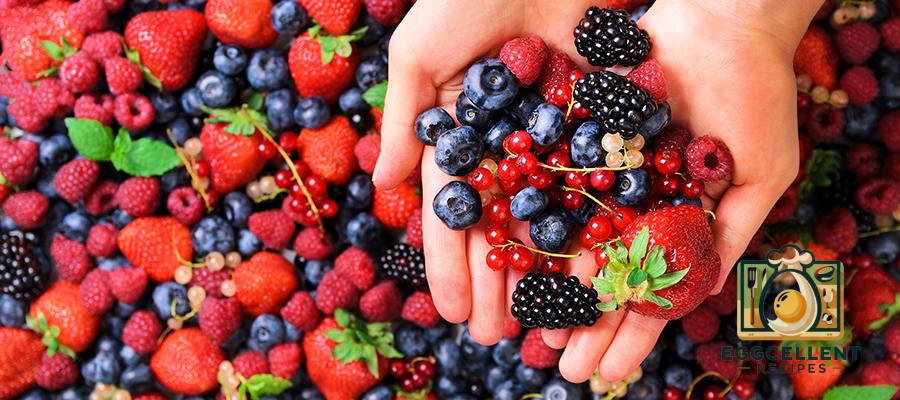
Blueberries, strawberries, and blackberries are high in antioxidants like vitamin C and flavonoids, which protect your eyes from oxidative stress and inflammation.
Tip: Add berries to your morning oatmeal, smoothies, or eat them as a sweet snack.
9. Whole Grains
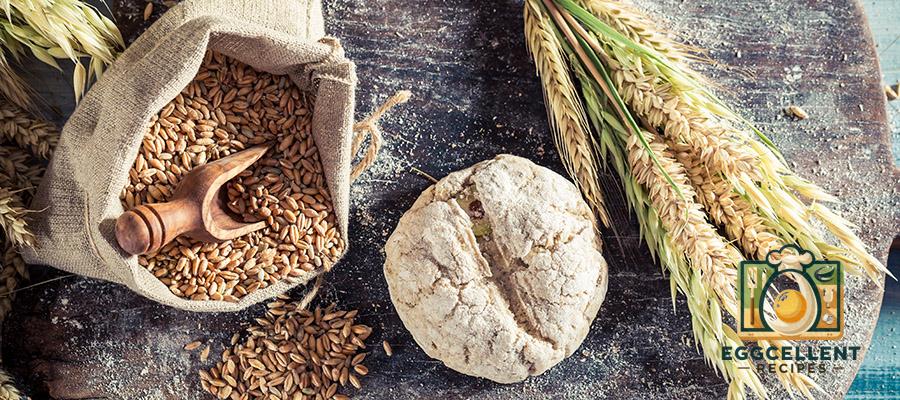
Brown rice, quinoa, and whole-wheat bread are rich in zinc and vitamin E, both of which are essential for reducing the risk of macular degeneration and other vision problems.
Tip: Swap refined grains for whole grains in your meals to get the most eye health benefits.
10. Red Peppers
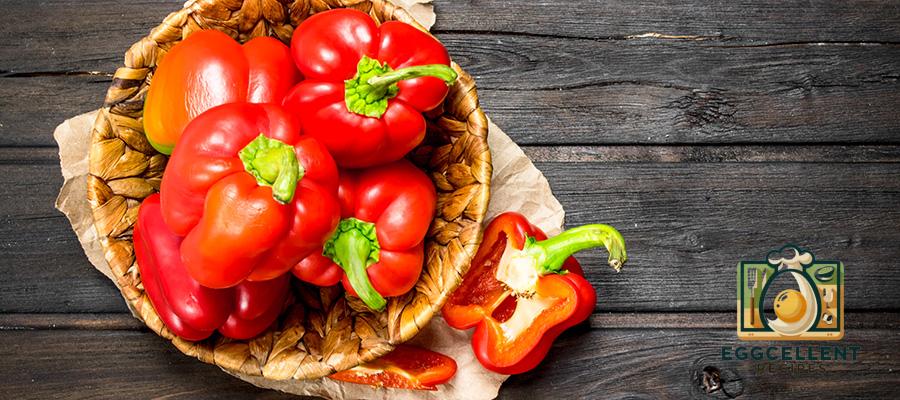
Red bell peppers contain more vitamin C per serving than any other vegetable. They help maintain the health of blood vessels in your eyes and reduce the risk of cataracts.
Tip: Slice them raw for a crunchy snack or toss them into stir-fries and salads.
11. Legumes
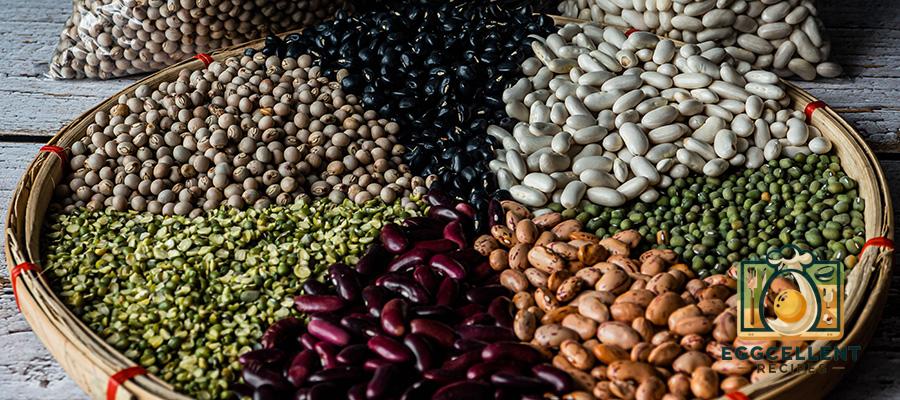
Chickpeas, black beans, and lentils are excellent sources of zinc, a mineral that helps maintain the health of the retina and lowers the risk of night blindness.
Tip: Use legumes as a protein source in soups, salads, or veggie bowls.
12. Avocados
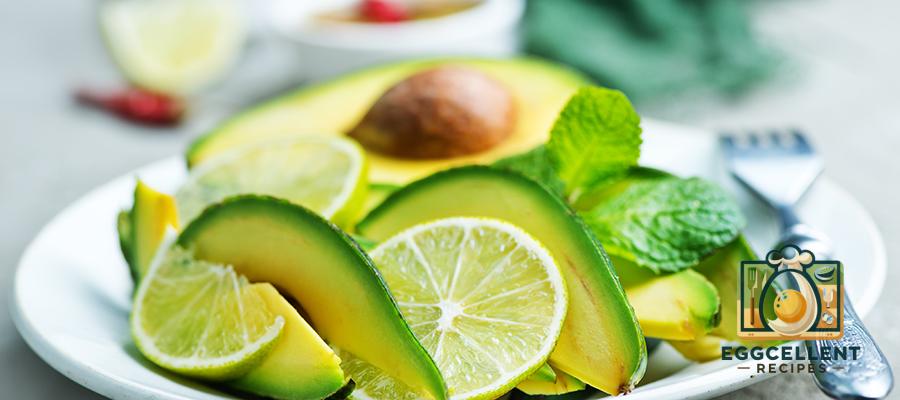
Avocados are packed with lutein and zeaxanthin, as well as healthy monounsaturated fats that help your body absorb fat-soluble vitamins like vitamin A.
Tip: Spread avocado on toast, add it to salads, or blend it into smoothies for a creamy texture.
13. Broccoli and Brussels Sprouts
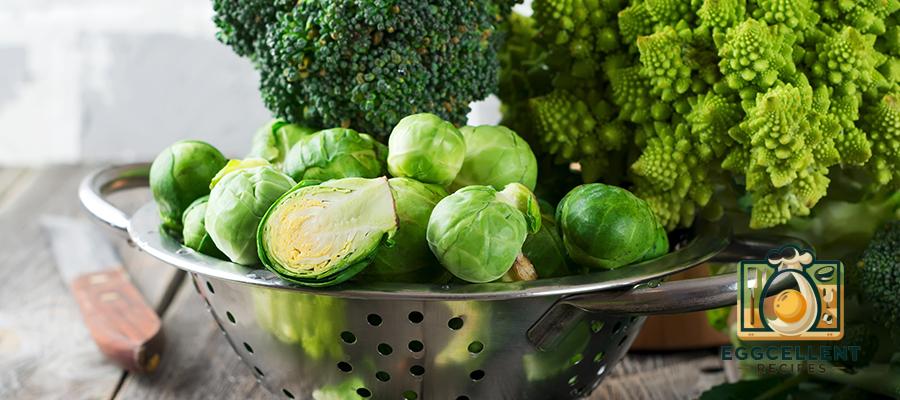
These cruciferous vegetables are high in vitamin C and lutein, both of which play a significant role in protecting your eyes from damage caused by free radicals.
Tip: Roast or steam these veggies and drizzle with olive oil and lemon for a flavorful side dish.
14. Tomatoes
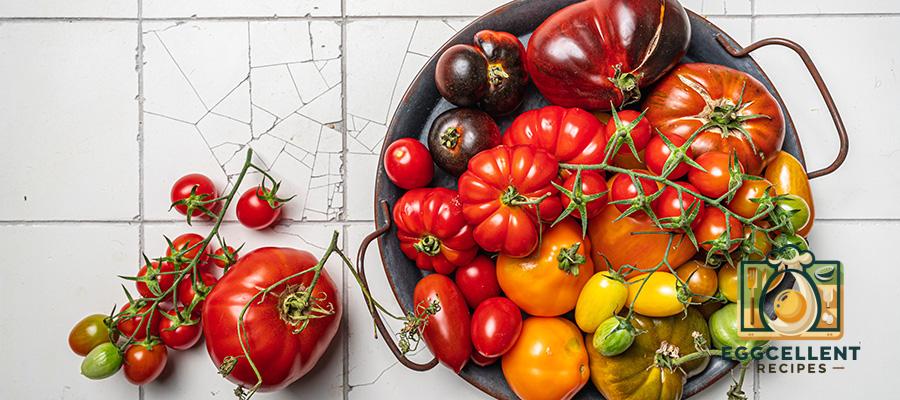
Tomatoes are rich in lycopene, an antioxidant that protects against light-induced damage to the retina. They also contain vitamin C, which supports overall eye health.
Tip: Add tomatoes to salads, sandwiches, or soups for an eye-friendly boost.
15. Dark Chocolate
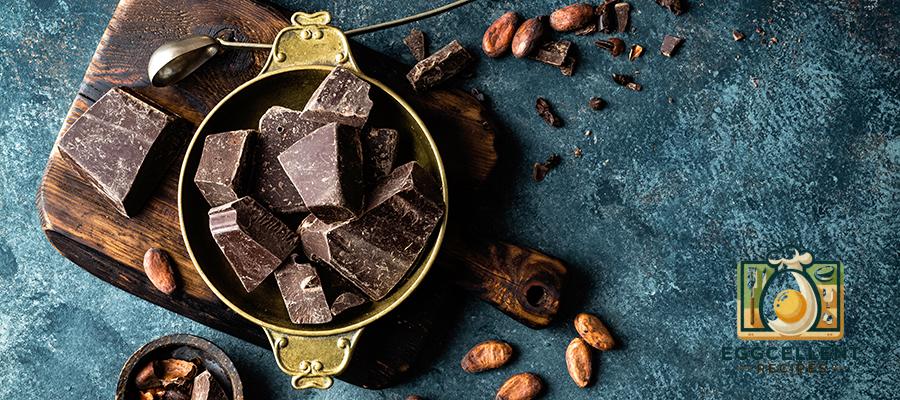
Dark chocolate contains flavonoids that can improve blood flow to the eyes and protect the retina. Make sure to choose chocolate with at least 70% cocoa for the best health benefits.
Tip: Enjoy a small piece of dark chocolate as an occasional treat.
Final Thoughts
Eating for eye health doesn’t have to be complicated. By incorporating these nutrient-rich foods into your diet, you can nourish your eyes, protect your vision, and reduce the risk of common eye conditions. Pair these foods with a healthy lifestyle, regular eye check-ups, and proper hydration for optimal eye health. Your future self—and your eyes—will thank you!
Let me know if you’d like detailed recipes or meal plans featuring these foods!

